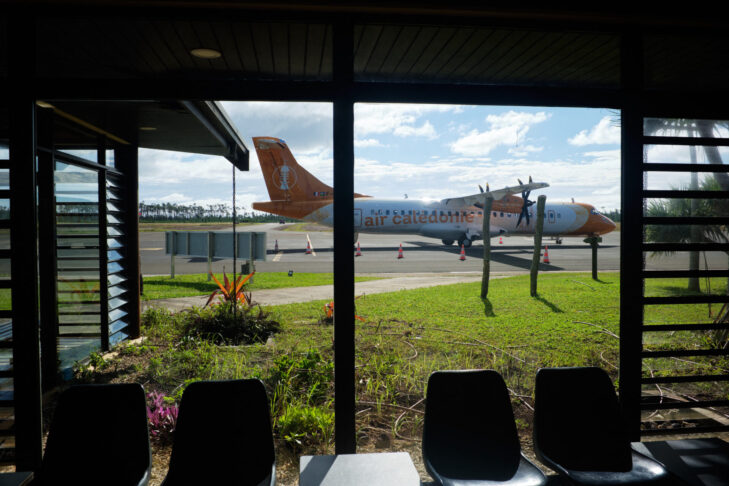This course will allow participants to understand and explore the Pacific outlook and actions on security. It will examine the convergence and difference between security, resilience and development, and their underlying principles and concepts. It will also examine some of the variations, differences and hairline fractures affecting regional security.
Upon successful completion, students will have the knowledge and skills to:
→ Understand the diversity and commonality in the way security is perceived in the Pacific Islands, including variations between regional security, national security and security at the community level.
→ Understand the regional security priorities as framed by Pacific political leaders.
→ Critically examine the impact of the geopolitical contest on the Pacific region and consider the agency of Pacific countries in response.
→ Explore the public policy levers available at a regional and national level in the countries of the Pacific.
The course will be taught over two full days (in one week). The teaching days and times are 29-30 November, 1000-1530 (AEDT). The unit will include nine contact hours in total across two teaching days. The sessions will provide a mixture of formal and informal lectures, Q&As, and discussion of designated readings. The topics of the teaching sessions are listed under the daily program below.
The course will be delivered virtually due to COVID-19 constraints. Participants will be provided with a Zoom link in advance of the course to access teaching sessions.
The sessions will provide a mixture of formal and informal lectures, Q&As and discussion of designated readings. The topics will engage with a number of key questions:
→ What does ‘securing the Pacific’ mean? And who is it being ‘secured’ for?
→ Security, resilience and development – what are the connections and conflicts?
→ What are the key security narratives in the Pacific? And how are the narratives reflected in regional declarations on Pacific security over time?
→ What are the expanded security concepts of climate, resource/environmental, human, traditional security?
→ How can we think about the geopolitics of security? Whose interests are at stake?
→ Does the security architecture in the region demonstrate collaboration or competition?
→ What is the future of security in the region?







